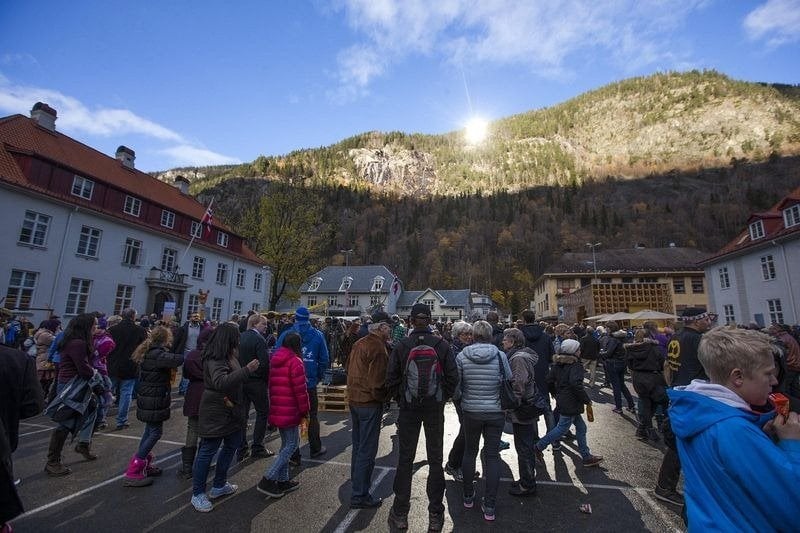Value Town Poker Terms
Estimate your home's value as too high, and it could wind up sitting on the market. That’s a big problem, because a property that goes unsold for an extended period of time (e.g., more than 30. The term kill, when used in this context, should not be confused with killing a hand, which is a term used for a hand that was made a dead hand by action of a game official. A game played with a spread-limit betting structure allows a player to raise any amount within a specified range. For example, a game called 'one to five.
- Value Town Poker Terms Pdf
- Value Town Poker Terms List
- Value Town Poker
- Value Town Poker Terms Cheat
- Value Town Poker Terms Explained
Both when determining your final poker hand and the poker hand that wins the pot. Figuring Out Your Hand: In Texas Hold'em your final best 5-card hand can use both your hole cards (the two cards dealt to you face down at the beginning of the hand), one of your hole cards or none of your hole cards to make up your final hand. Town: Towns, on the other hand, may share some geographic and demographic similarities with cities, but in smaller sizes. They tend to be less densely populated than cities and have less diversity in terms of people’s ethnicities. Towns also have smaller geographical areas. City: Cities have bigger economies compared to towns.
Though commonly confused to mean the same thing, a city and a town are, in fact, different. A common assumption is that cities are larger than towns, but this is not entirely true as definitions vary from one place to another. For starters, a town is a place where people have settled, and is larger than a village but smaller than a city in different entities. On the other hand, a city is generally an extensive human settlement with a sophisticated system of transport, communication, sanitation, and housing, among others.
Value Town Poker Terms Pdf
Different countries in the world have different demographics and geographical definitions for cities.In Sweden and Denmark, a settlement of more than 200 people forms a town, whereas Australia and Canada have set a minimum of 1,000 people to make a town. This figure varies in France and Israel who have set a minimum of 2,000 people to make a city. In the US and Mexico, a city should have at least 2,500 people, compared to Japan where cities must have at least 30,000 people.
Value Town Poker Terms List

Legal Definition
City: A city is a legally defined entity with a structured system of governance, and which has delegated powers to oversee local legislation as well as the management of resources. Citizens of a city are responsible for electing representatives who form the local government that provides local services.
Value Town Poker
Town: Towns are generally places with unincorporated communities that have no structured system of government but receives services from the other levels of government. However, in some countries, governments allow towns to have some limited powers.
Demography and Geography
Value Town Poker Terms Cheat
City: Looking at modern day cities, a pattern emerges of a high population density with residents from various ethnicities over a larger geographical location. Cities possess a diverse population of different religions, races, and languages among others. With a bigger population, cities often occupy a larger geographical location and have higher population densities with more social amenities. Cities are more permanent and, even after destruction by war or natural disasters, may be rebuilt.
Value Town Poker Terms Explained
Town: Towns, on the other hand, may share some geographic and demographic similarities with cities, but in smaller sizes. They tend to be less densely populated than cities and have less diversity in terms of people’s ethnicities. Towns also have smaller geographical areas.
Economy
City: Cities have bigger economies compared to towns. Because of the population that provides labor and purchasing power, businesses prefer to set base in them with the added advantage of government facilities. Multinational Corporations and other international bodies prefer setting up in cities thus boosting city economies. Development of cities usually follows a particular development plan to ensure effective service delivery to the citizens. Lastly, cities have a tendency of growing and merging with adjacent cities or towns.
Town: Towns have smaller economies usually driven by local small and medium enterprises. They have no major employers and the circulation of money is not as active as in cities. Towns do not usually grow to merge with other towns except in rare cases and, although they have plans, these plans are not as sophisticated as in the case of cities. Generally, towns have the ability to grow into cities.